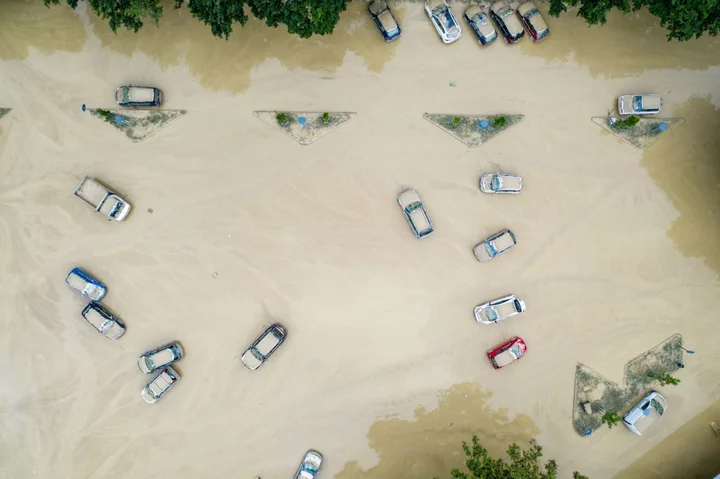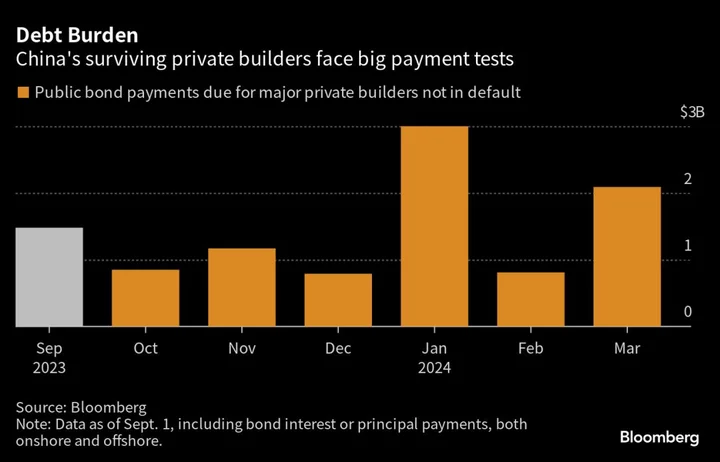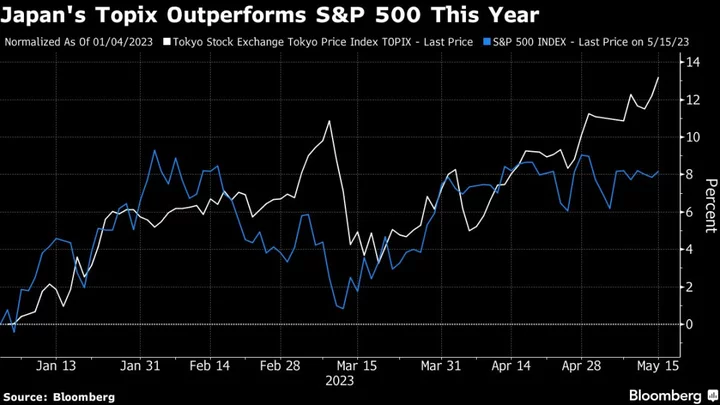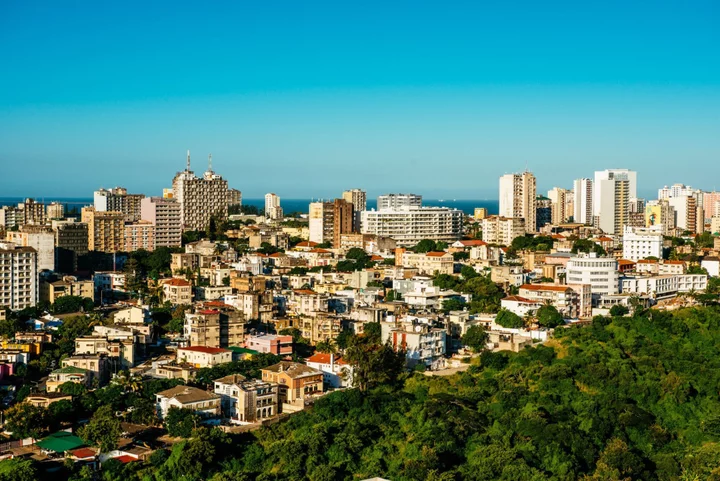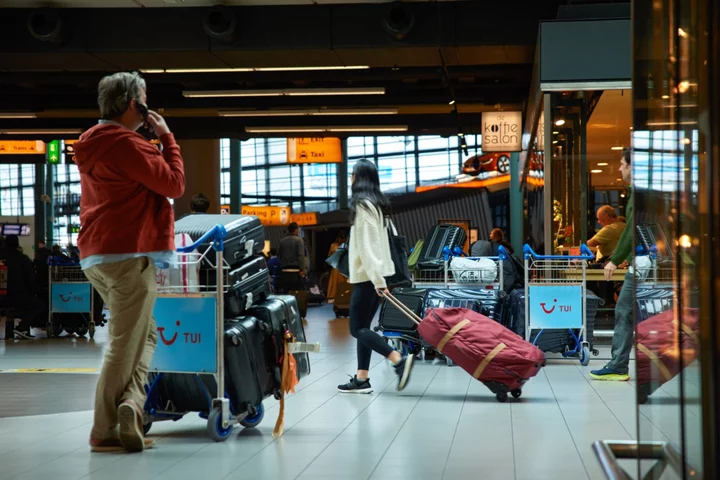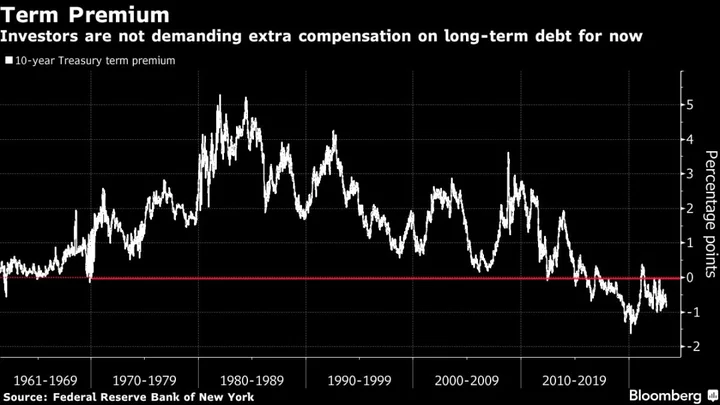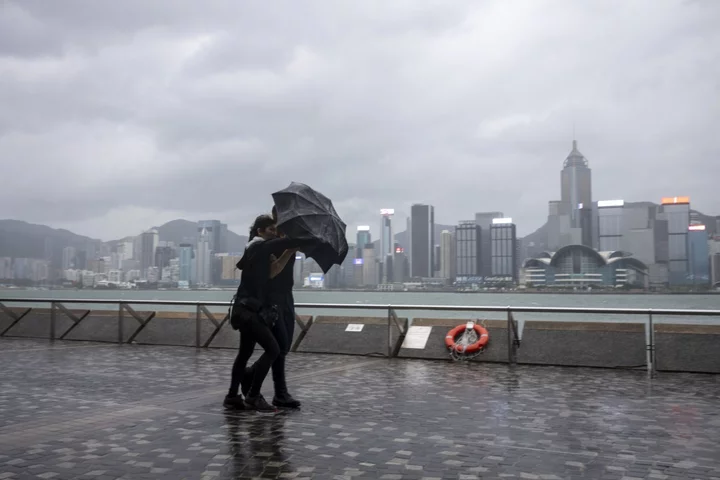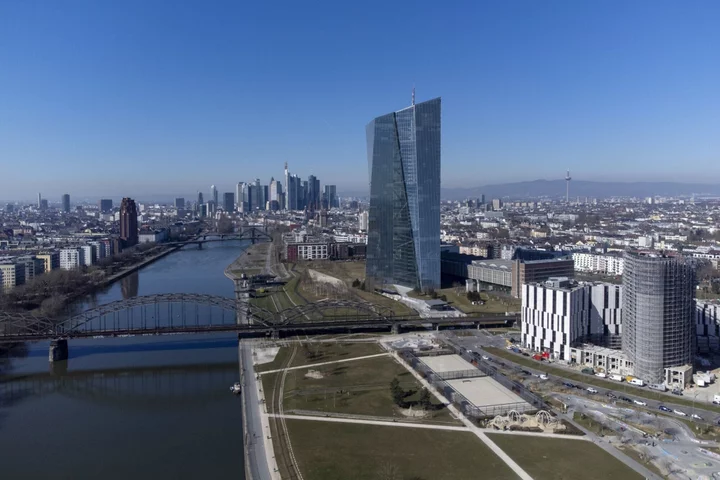Floods in Italy’s Emilia-Romagna region could have caused damages to crops for about €1.5 billion ($1.6 billion), according to a preliminary estimate by farming association Confagricoltura.
That’s just the first assessment of the impact of the heavy rains that have hit the northern Emilia-Romagna region, which has a high density of small and medium enterprises, over the last few days. Overall, the devastating impact of floods on Italy’s housing stock could reach €3 billion per year, according to a recent study by the Bank of Italy.
Thirteen people have died and around 10,000 have been displaced this week, news agency Ansa reported, while rescue workers are still trying to reach dozens of villages and farms cut off by the floods. As of Thursday, almost 20,000 people were without power in the area.
Emilia-Romagna — crossed by the Po, the country’s largest river and its subsidiaries — is the Italian region most exposed to potential flood damages, the Bank of Italy study says.
Yearly expected losses due to flooding are estimated at 0.71% of the value of the area’s real estate stock. In Italy, almost 5% of the value of homes risks being lost in a major flood over the next 20 to 50 years, the study shows.
The Italian government has already allocated around €30 million to cope with the immediate impact of the emergency. Further aid measures are expected at a cabinet meeting scheduled for Tuesday.
But the cost of rebuilding after the floods is set to spiral. Stefano Bonaccini, the region’s president, compared the disaster to the earthquake that hit the same area back in 2012.
The devastation will likely impact the tourist season, as stormy seas eroded beaches in popular spots of the riviera such as Rimini and Riccione.
A Bruce Springsteen concert in Ferrara on Thursday evening sparked heavy criticism for being held despite the ongoing emergency, while the Formula 1 Grand Prix that was to be held in Imola on Sunday has been canceled.
Read More: Formula 1 Cancels Imola Grand Prix After Deadly Floods
--With assistance from Karl Maier.

